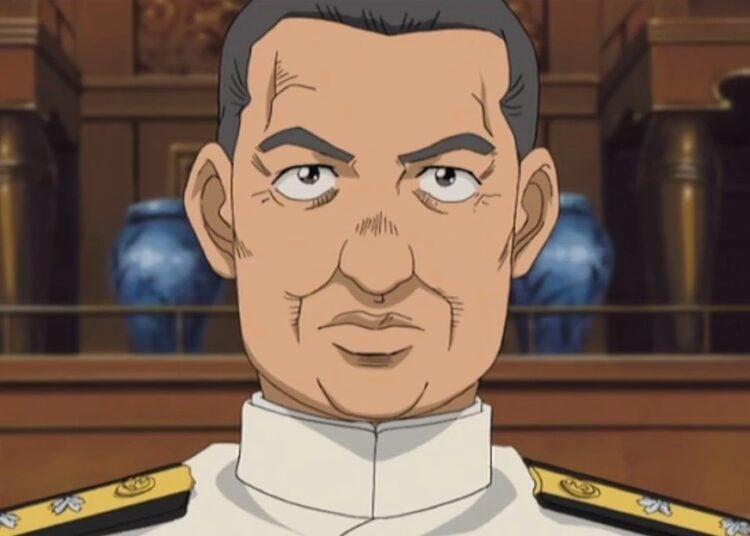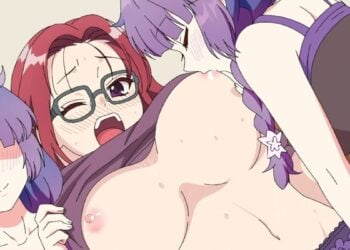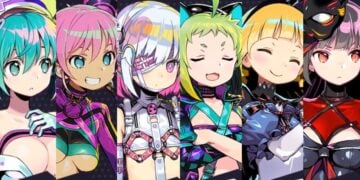One unique aspect of Japan is how many industries have to deal with competition from the government, which interferes with the private sector in ways that wouldn’t be acceptable in the U.S. When you think of your local post office, you probably think of stamps and mail delivery, but the government-run Japanese Post Office does a lot more: it’s the world’s largest bank with some $3.2 trillion in cash deposits in postal savings accounts. The Post Office has so much money sloshing around that it uses it to build subsidized entertainment facilities around the country, like hotels and a giant sprawling indoor pool near Nikko which never has anyone using it. It also sells life insurance, something that’s totally unnecessary in Japan, a country with a strong and competitive insurance industry. Prime Minister Koizumi aims to convert the Japan Post Corporation into a private company, hopefully repeating the successful privatizations of the Kokutetsu railroad monopoly (now known as the six JR companies), Japan’s largest tobacco company JT (once operated directly by government, ugh) and Japan’s old telephone company (now known as NTT, one of Japan’s most vibrant businesses).
My son just finished with his final tests, his last of the third grade. He did really well in his science final, only missing one question, which was about the shadow cast by a stick in the ground. Over the course of several hours, the position of the shadow moves — why? My son, who is no fool, wrote that the Earth is moving, but he was disappointed to find this marked wrong, however — “the sun moves in the sky” was what was in the textbook, and that’s what he was expected to write. We took the teacher to task on this, which surprised him, since questioning educators is seldom done in Japan. In the end, I think we taught our son an important lesson about not automatically accepting what he hears.
I love Japanese public baths (sento) and hot springs (onsen, pronounced OWN-sen), and take my kids almost every week — sometimes twice a week. Public baths hail back from the Edo period when people didn’t have private baths in their homes, and had to go to community facilities to bathe. Volcanic hot springs also have a long history, and popular onsen towns like Kusatsu, located in the mountains near J-List, have been in use as resort towns for hundreds of years. Once my son saw a young boy in the bath and asked me why he had a blue bruise on his rear end. This is the Mongolian Spot (mokohan in Japanese, “the Old Spot of Mongol”), a blue bruise-like spot which is found on Chinese, Japanese and Mongolian children, including my own kids when they were young. The spots go away when the children reach age five or so. In Japanese, the word for someone who is still a wet-behind-the-ears greenhorn is ao ni-sai (AH-oh NEE-sai, “still blue 2-year-old”), which probably has something to do with this spot.















